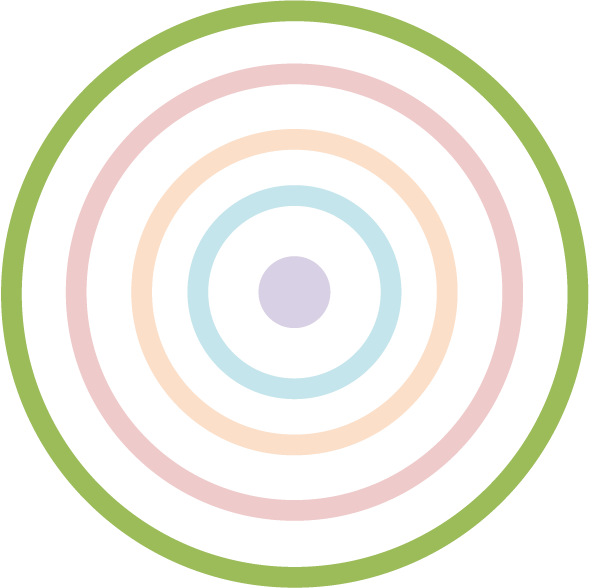
Drivers for Change – Engage in Reflective Practice
Equity Framework > Drivers for Change > Engage in Reflective Practice
Reflective practice is about self-reflection. It includes critical analysis of one’s knowledge, experiences, and actions. Critical self-reflection refers to the process of questioning personal assumptions, perspectives, and meaning making. Critical self-reflection involves identifying assumptions and bringing about changes in practice. Reflective practice helps to support a deeper understanding of our actions and the impact of those actions on ourselves and others. Integrating regular reflective practice into daily work can enhance learning and transform the framing of complex problems.
Adapted from:
- Racial Equity Resource Guide – Transformative Learning in Social Justice Organizations through Reflective Practice. Retrieved from
https://www.canr.msu.edu/od/uploads/files/Multiculturalism_Diversity/Racial_Equity_Resource_Guide1.pdf - Coburn, A., & Gormally, S. (2017). Communities for Social Change Practicing Equality and Social Justice in Youth and Community Work. Bern, Switzerland: Peter Lang US. Retrieved from
https://www.peterlang.com/view/9781433144417/xhtml/fm_hints.xhtml - Algonquin College of Applied Arts. (n.d.). MODULE FOUR: Reflective Practice. Retrieved from
https://www.algonquincollege.com/healthandcommunity/preceptorship/module-four/module-four-reflective-practice-2/ - Mezirow, J (2006) ) An overview of transformative learning. In P Sutherland and J Crowther (Eds), Lifelong learning: Concepts and contexts (pp 24-38): New York: Routledge. Available from: https://www.normfriesen.info/files/Mezirows_overview_transformative.pdf
Further Reading / Additional Resources:
- Algonquin College’s School of Health Studies prepared a set of learning modules on Reflective Practice and Managing Conflict Resolution. Algonquin College of Applied Arts. (n.d.). MODULE FOUR: Reflective Practice. Retrieved from https://www.algonquincollege.com/healthandcommunity/preceptorship/module-four/module-four-reflective-practice-2/
- Racial Equity Resource Guide – Transformative Learning in Social Justice Organizations through Reflective Practice. This paper describes a collective reflective learning process conducted with members of five community-based organizations for the purpose of generating and documenting their learning from their work. Available from: https://www.canr.msu.edu/od/uploads/files/Multiculturalism_Diversity/Racial_Equity_Resource_Guide1.pdf
Sample Tools:
The Centre for Innovation in Campus Mental Health has prepared an info sheet entitled Critical Self Reflection in Action including 5 Tenets of Self Reflection and 3 Guided Reflections.
https://campusmentalhealth.ca/infosheets/critical-self-reflection-in-action/
The Students Commission of Canada Statement works with to ensure that young people are valued, heard and their ideas for improving themselves, the lives of their peers and communities are put into action. The Head, Heart, Feet, and Spirit reflection template is a tool allows people to quickly reflect both individually and as a group:
https://www.studentscommission.ca/assets/pdf/tools/en/public/head_heart_feet_spirit.pdf
The Road Map Project is a collective impact initiative to increase equitable policies and practices. The list of ‘essentials’ are foundational and if strengthened will help advance racial equity and support student success.
https://roadmapproject.org/wp-content/uploads/2018/11/System-Wide-Racial-Equity-Essentials.pdf
Arts Equity Video Series: Principle #2, Reflexivity & Relationships. This is the second video in a series of five that speaks to how reflexivity and relationships starts with critical self-reflection; reflecting on how our own position fits with those we aim to work with. This sort of reflection helps when working to build and maintain relationships.
https://neighbourhoodartsnetwork.org/learning-room/learning/arts-equity-video-series-principle-2,-reflexivity
